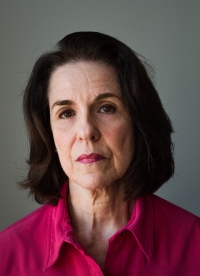“Truth will lead you to freedom.”

Download image
Laida Arcia Carro was born in Havana. Her family was directly affected by the executions carried out by the government of Fidel Castro and his attempt to put an end to any manifestation of dissatisfaction with the direction the Cuban Revolution was taking. Her uncle, Plinio Prieto, lieutenant of the guerrilla unit from the mountains of Sierra Escambray, was detained and sentenced to death for participating in the fight against Fidel Castro. As a result of her uncle’s execution and her family’s attitudes, it was necessary for everyone to move to the United States in 1962. Laida was 12 years old at the time. She spent several years traveling in many countries around the world, and in 1997, she started to support the Cuban doctor, Óscar Biscet. He protested against the use of Rivanol during abortions that were carried out in Cuba, and because of this, he became the target of the Cuban authorities. To support Óscar Biscet, Laida Arcia Carro founded the Coalition of Cuban-American Women and focused on seeking help across different organizations. Meanwhile, Oscar Biscet spent several years in prison. Her activities in support of other Cuban dissidents consisted of publishing information about their persecution. She is currently working in the field of fine arts.
